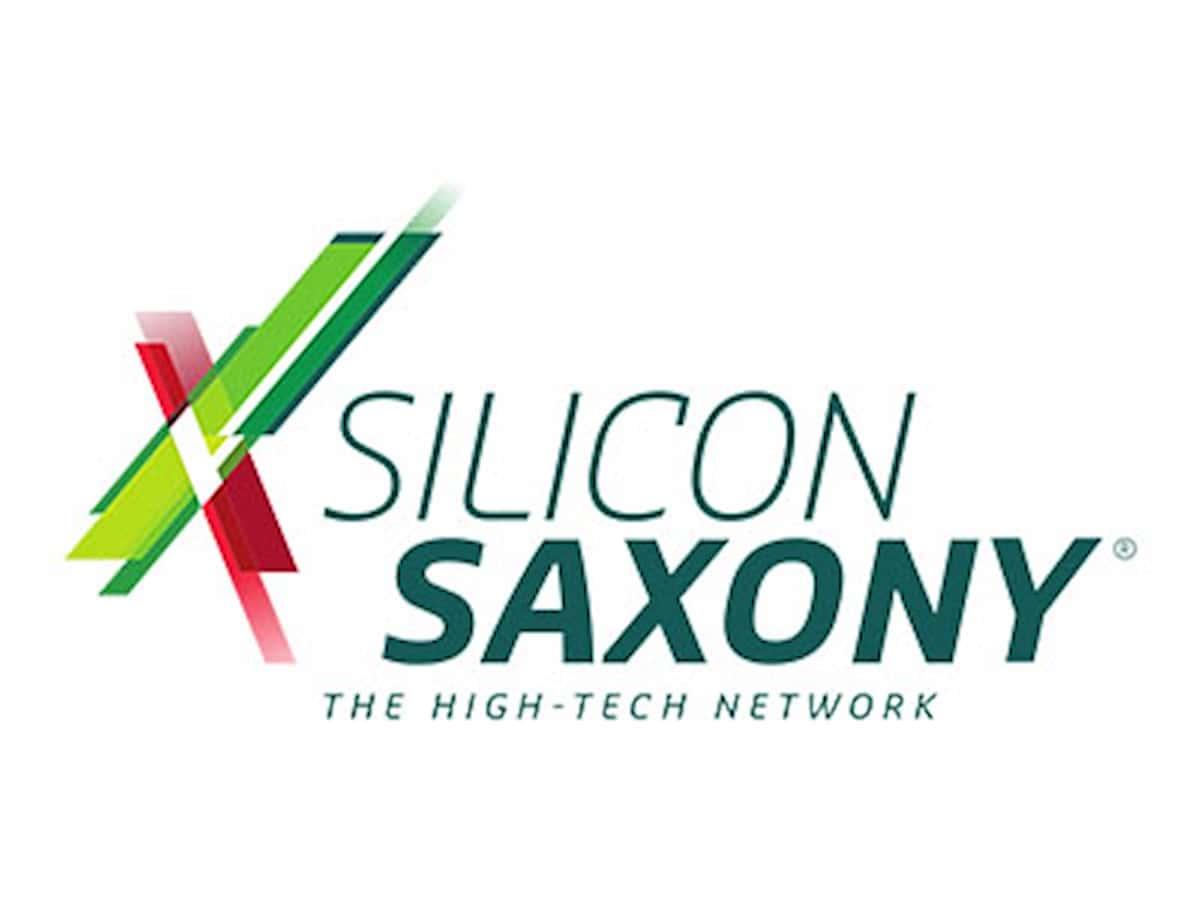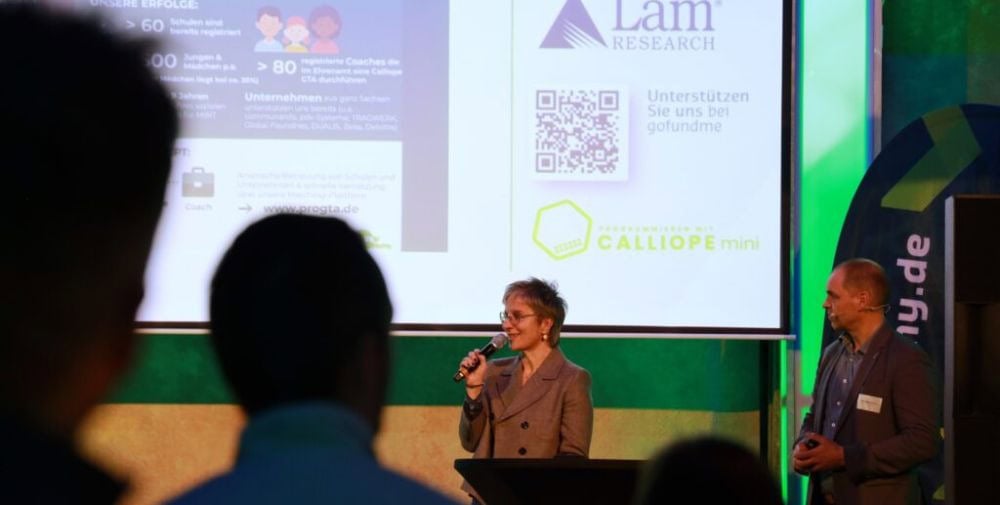
The past mistakes in the use of calculators are repeating themselves
When the first calculator was developed by Jack Kilby at Texas Instruments in 1967, nobody could have imagined the changes it would necessitate and the discussions it would provoke in the decades to come. When the potential for change in the education sector and also the development in classrooms was recognized late, it was finally said: “Pupils would lose the ability to do mental arithmetic as a result of this technical aid”. This is what happened in Germany in the mid-1970s. At the time, calculators were banned in the first six years of school. Further use of the devices in the higher age groups was strictly regulated. When pocket calculators became graphics-capable in the mid-1980s, this development was also missed. In 2017, these more powerful calculators were no longer allowed to be used at vocational grammar schools. From 2019, they were also banned from general secondary schools. The fact that the new technical possibilities had not only changed the world of school, but also the world of work and life. It was ignored. That new teaching approaches and curricula could have been a solution? No way. The aim was to maintain a status quo in education that was no longer up to date. Can you see the parallels with current discussions and bans? To artificial intelligence and smartphones?
The cell phone and AI as the new technological enemy in the education sector
When the first smartphone, the IBM Simon Personal Communicator, was launched on the US market in 1994, no one could have imagined the triumph that this smart piece of technology would achieve. Now, 30 years later and in the midst of a society that is barely conceivable without smartphones and the artificial intelligence systems that are now embedded in them, the next outcry is echoing through Germany. At the start of the new school year, Brandenburg, Bremen, Hesse, Schleswig-Holstein and Thuringia have tightened up their regulations and are increasingly relying on cell phone bans. These are likely to be the first of further federal states that, instead of dealing with a technology and its possibilities but also its downsides, prefer to reflexively demonize it. It is a well-known concept that inhibits progress and attempts to ignore a new reality of life. At least temporarily. People are worried about progress in learning, social and professional skills that the “new” technologies would hinder or even prevent. The fact that a social development has simply been overlooked and never integrated into the education sector is ignored. Now that time is pressing and change seems inevitable, a ban is supposed to create the necessary calm for adjustments to be made.
Saxony is not joining the cell phone witch hunt
It is regrettable that the Free State of Saxony is now also taking part in this technological witch hunt and educational procrastination. It would be desirable for a different approach to be adopted throughout Germany and for new teaching and learning concepts to actually be explored in depth – at state and federal level. Apart from the current initiative, Saxony is doing many things right here. It is not for nothing that the Free State is at the top of the German education system. Pisa has proven it. More could be done here too. It should be recognized that smartphones as electronic end devices are no more harmful than PCs, tablets or those once forbidden pocket calculators. Artificial intelligence is also changing the way we learn and teach. Both technologies are part of our living and working environment. In fact, they now play an indispensable role. What signal is being sent by federal states that demonize these technologies in education when education has the task of preparing children, young people and young adults for a future surrounded by precisely these technologies?”
Clever minds have been working on new teaching and learning concepts in Saxony for years
Last year, Silicon Saxony conducted a NEXT interview with Wolf Spalteholz, a university teacher and lecturer at the Center for Teacher Education, School and Vocational Training Research (ZLSB). In this role, Mr. Spalteholz accompanies student teachers during practical school exercises (SPÜ), among other things. In his work for the curriculum commission and as an active subject advisor, the committed educator is concerned with the further development of the subject of computer science and the promotion of digital skills in our education system – from elementary school to university. And not just for all the pupils in Saxony. Saxony’s prospective and current teachers also need to be involved in this topic, prepared and equipped with the necessary tools, skills and teaching approaches. It remains undisputed that this is not easy in the midst of a shortage of teachers and an unpleasant austerity policy in the education sector. However, clever minds like Mr Spalteholz have long since recognized the existing problems and their possible solutions. New teaching and learning concepts are already being developed, just as countless dedicated teachers at our educational institutions have been integrating new social and technological developments into their work for years. It would be helpful to support these efforts, bundle them and make them usable across all school types and federal states. However, issuing blanket bans and postponing annoying problems to the future makes little sense.
Digitalization-related skills as a wish instead of a lived reality
With Wolf Spalteholz, we looked at the area of digitalization-related skills – which also includes the use of digital devices and technological tools. Even back then, the Saxon Ministry of Education decided that digitalization-related skills were a cross-sectional task for all subjects – not just computer science. Mr Spalteholz hoped that “the gap between the political commitment to more digitalization in schools and digitalization-related skills in all subjects and the institutional, human and material resources we have available in schools” would be closed. However, too little happened. In many other federal states, unfortunately, nothing at all.
2024 and our interview focused on the example of artificial intelligence (AI), among other things. Even back then, the question was: “Which aspects of AI are being incorporated into the curriculum on a binding and permanent basis? Which aspects should be left to the teachers to decide freely?” Here, too, it was necessary to find a balance between committed and largely free teachers, the federal states and a binding curriculum. A task that has since been worked on by experts such as Wolf Spalteholz and partly at state level, but as the current discussion about the use of cell phones and artificial intelligence in schools shows, it is not meaningful at educational policy and social level for the whole of Germany.
Mobile phone bans and vague statements on the use of artificial intelligence
A week ago, Federal Education Minister Karin Prien declared: “Artificial intelligence offers the opportunity for significantly improved, individualized learning, for example, and it also offers great opportunities to provide better support for children with special needs”. The use of AI as a learning tool could also help to reduce the workload of teachers. She called for the development of new task formats that allow the use of AI. She explained that there are examination formats for which a calculator can be used and those that can be used without the aid, “and of course it will be the same with artificial intelligence”. However, this would require different task formats. It is up to the federal states to develop these tasks. She recommended “doing this together where it makes sense”. Everything is right. All important. Better late than never, you might think. But why doesn’t a federal ministry of education use its mediating role and get involved with concrete proposals and sufficient resources?
The start of a discussion that needs to produce results as quickly as possible
With the start of the new school year, Mecklenburg-Western Pomerania, for example, is now moving into the future with the action guide “Exploring the world of generative AI systems together”. It is a pilot project that aims to relieve the burden on teachers. An important approach, but by no means the only necessity. This approach also falls short nationwide. After all, how are all the other federal states supposed to realign themselves now, in the middle of the school year? Where will teachers and schools be given the freedom and financial resources to change? Shouldn’t it also be about new learning approaches and teaching content for pupils? The discussions about these topics and issues have only just begun. The victims are all the students, who will probably experience another school year in which learning achievements are viewed with AI skepticism and the use of a cell phone is immediately suspected of fraud. A school year in which the reality of teaching and learning once again does not match the reality of life. And that is a shame.
Our conclusion
Technology, whether smartphone or artificial intelligence, always offers risks, but also opportunities. It is important to deal with both forms and find the best possible implementation options for modern and exciting education – from elementary school to university. Teachers must be enabled to make teaching and learning content more interesting and varied using the latest technologies and tools available to students. This requires time, money and support from external expertise. Curricula need to be developed that familiarize children, teenagers and young adults with the realities of life and work. Both cell phones and artificial intelligence are playing an increasingly important role in both areas and are key tools for business and industry.
This reality must also be reflected in education and must be integrated into curricula and school concepts. Only what is explained, given meaning and transferred into daily use at an educational level will also arrive in the labor market in the form of highly trained and responsible specialists. It is precisely when the potentials of technologies are raised and integrated into everyday education, when the risks are consciously confronted and openly discussed in daily interaction, that responsible citizens and valuable specialists are developed. On the other hand, those who demonize technology, ignore its possibilities and relegate the discussion of topics such as cell phones and artificial intelligence to the private sphere or even to a no-go zone should not be surprised when ignorance and misuse take over. Instead of scolding future generations and leaving them to fend for themselves, we should all start taking responsibility. Because it is not technologies and tools that create stupid actions, but ignorance alone.
– – – – –
Further links
👉 Interview with Wolf Spalteholz
👉 Mobile phones in schools: “No reflexive bans”
👉 Stricter cell phone rules at the start of lessons
👉 Kinderhilfswerk opposes cell phone ban in schools
👉 Prien wants to promote the use of artificial intelligence in schools
👉 Using the opportunities of artificial intelligence in schools
– – – – – –
The interview with Wolf Spalteholz was conducted as part of NEXT “In Focus: Software”.
👉 To the complete issue of the magazine
Photo: pixabay


